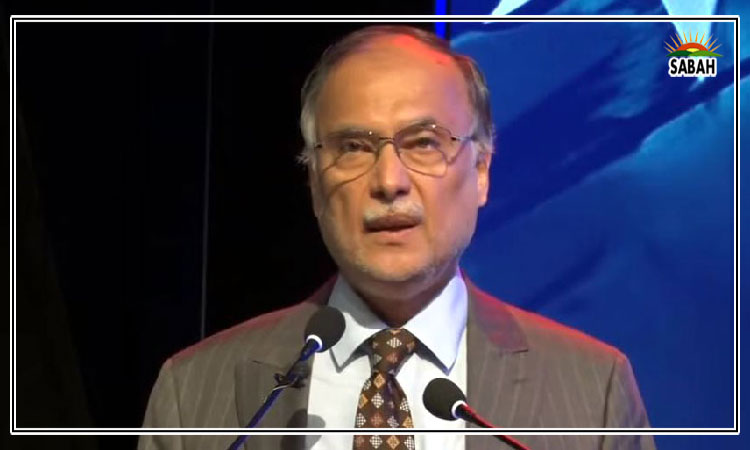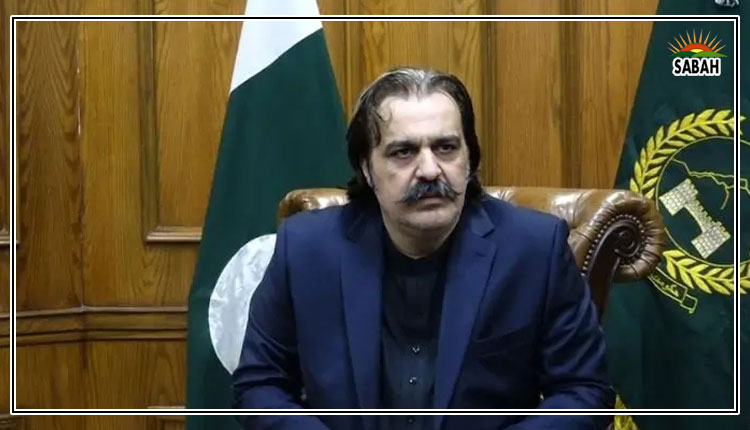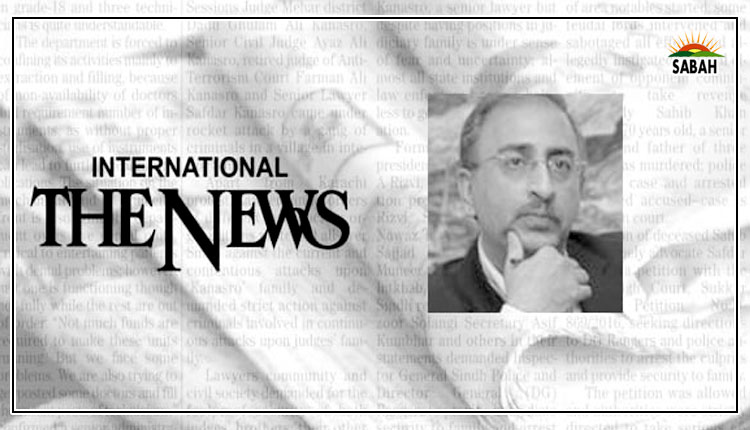Grand rescue …. Dr Farrukh Saleem
On May 9, the State Bank of Pakistan (SBP) found itself with a meagre $3.6 billion, barely sufficient to fund two weeks of imports. This dire circumstance accentuates the gravity of the situation, highlighting that a nation inhabited by 240 million people was left with import coverage lasting a mere fortnight.
On the same date, the highest echelons of the Pakistan Tehreek-e-Insaf (PTI) had formulated ominous strategies aimed at fomenting a state of turmoil akin to civil conflict. Additionally, the top-most PTI leadership harboured intentions of inciting a form of insurrection involving the armed forces.
Yet, a beacon of hope emerged through what can be fittingly termed as Operation: Grand Rescue. This audacious undertaking, driven by intensive military diplomacy, engaged influential partners such as the IMF, China, Saudi Arabia, and the UAE. The concerted effort yielded a significant leap in the SBPs reserves, soaring past the $8 billion mark. This financial infusion has been nothing short of a lifesaver.
The post-rescue landscape beckons for a comprehensive reconfiguration in Pakistans economic as well as political governance. The pressing need for overhauling the existing governance structures is inescapable. The economic landscape must be steered onto a more resilient path, safeguarding against future vulnerabilities. And the political landscape must be subjected to a transformative renewal.
Three pivotal pillars of economic governance fiscal policy, monetary policy, and the regulatory framework demand a transformation towards an evidence-based approach, diverging from the current politically driven paradigms. Fiscal policy, the cornerstone of a nations financial management, must be rooted in concrete data and analysis rather than swayed by short-term political considerations.
Similarly, monetary policy, which wields influence over interest rates, money supply and inflation should be informed by comprehensive economic indicators rather than susceptible to the ebbs and flows of political cycles. The regulatory framework, responsible for maintaining a fair and competitive market, should be crafted based on empirical insights rather than catering to specific interest groups.
As far as political governance is concerned, the three branches of government the executive, parliament, and the judiciary are presently operating along divergent trajectories. This divergence has led to serious challenges in the effective governance of the nation. It is imperative that all three branches of government prioritize two key objectives: political stability and policy continuity.
Political stability serves as the foundation upon which a nations progress and development are built. When the branches of government work cohesively towards this objective, they create an environment of confidence and predictability for both citizens and stakeholders. A stable political landscape fosters economic growth, investment and international relations.
Equally significant is the pursuit of policy continuity. Policies are the mechanisms through which a government translates its vision into actionable plans. All the three branches of government must prioritize policy continuity. This approach will prevent abrupt shifts in direction, ensuring that the nations progress remains steady and uninterrupted.
As Pakistan emerges from this crucible of uncertainty, it stands at a pivotal crossroads. We must redefine our trajectory. The challenges are undeniable, yet so are the opportunities. The tale of Operation: Grand Rescue is not just one of financial salvation, but also a call for a renewed determination to forge a prosperous and stable nation for generations to come. Thats the light at the end of the tunnel. The ray of hope. The silver lining. And the beacon of positivity.
The writer is a columnist based in Islamabad. He tweets @saleemfarrukh and can be reached at: farrukh15@hotmail.com
Courtesy The News












